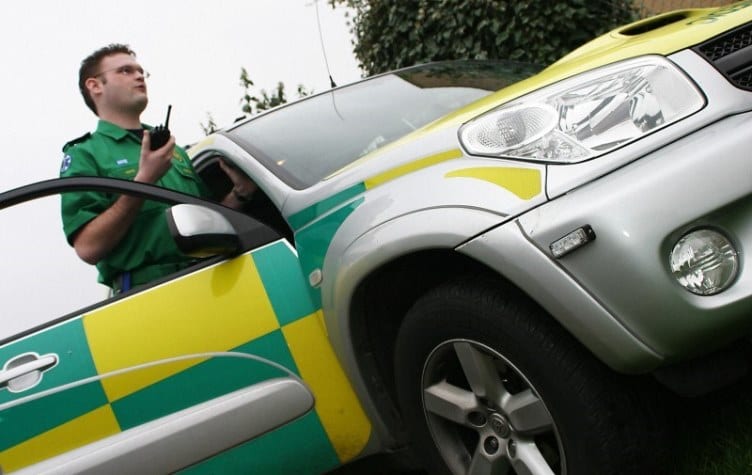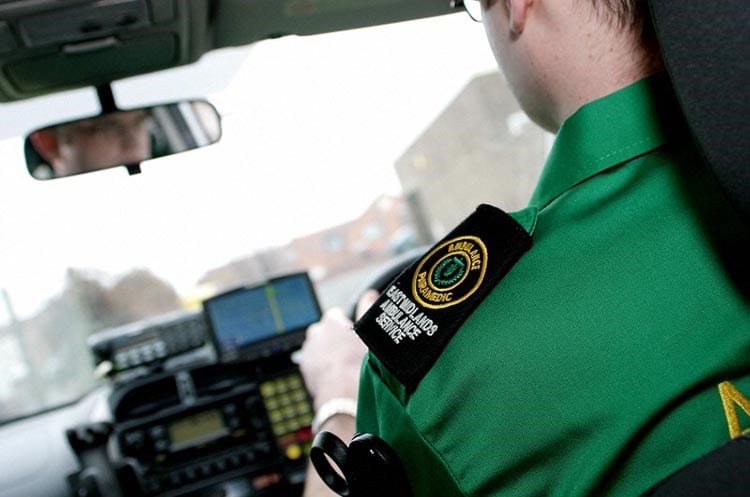International Paramedic Research Conference 2021: Malcolm Woollard Lecture by Dr Gregory Whitley

The first 24-hour international paramedic research conference was hosted by the College of Paramedics (UK), the Australasian College of Paramedicine and the Prehospital Care Research Forum at the UCLA Centre for Prehospital Care on the 30th November 2021. The first Continue reading International Paramedic Research Conference 2021: Malcolm Woollard Lecture by Dr Gregory Whitley



